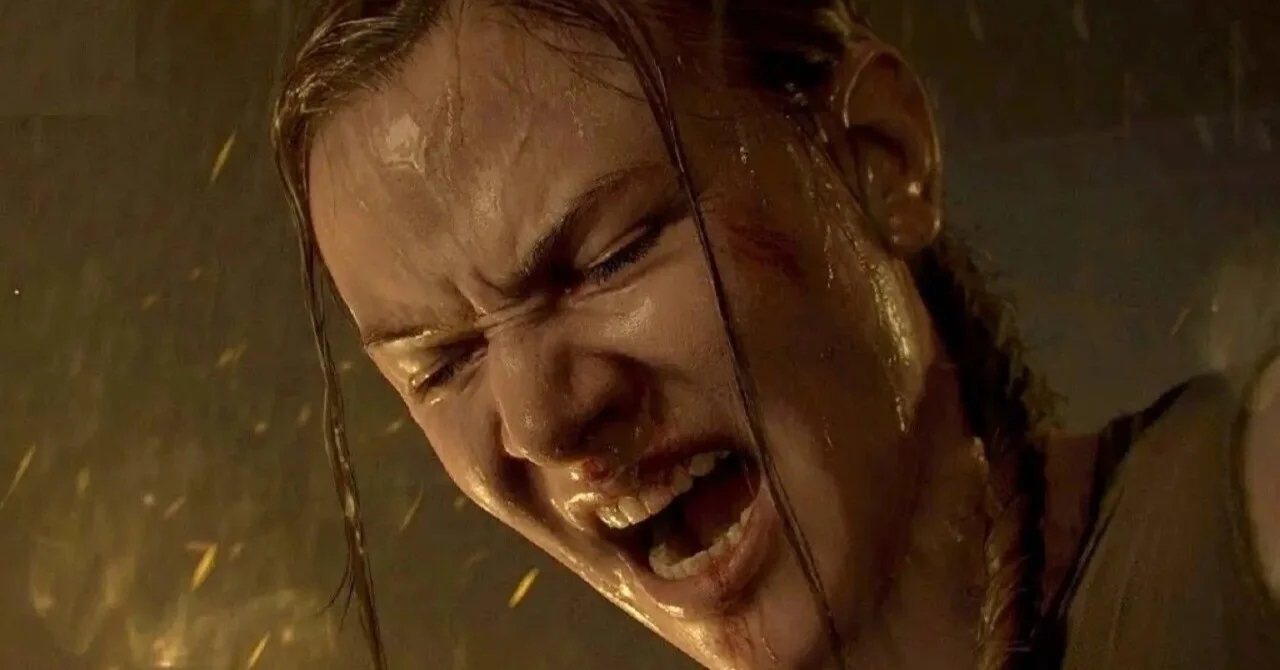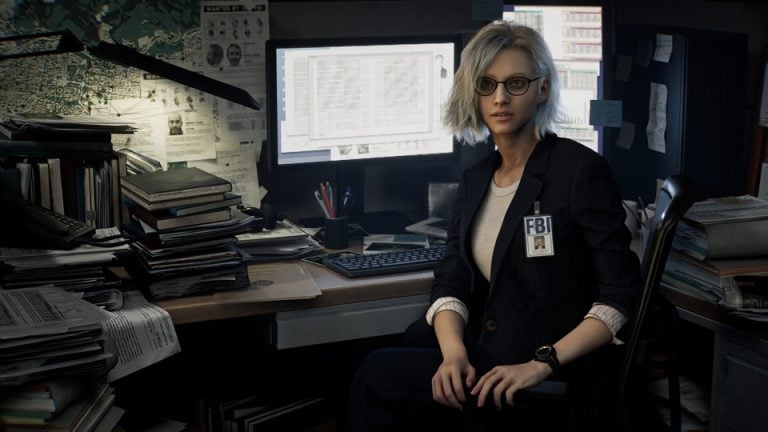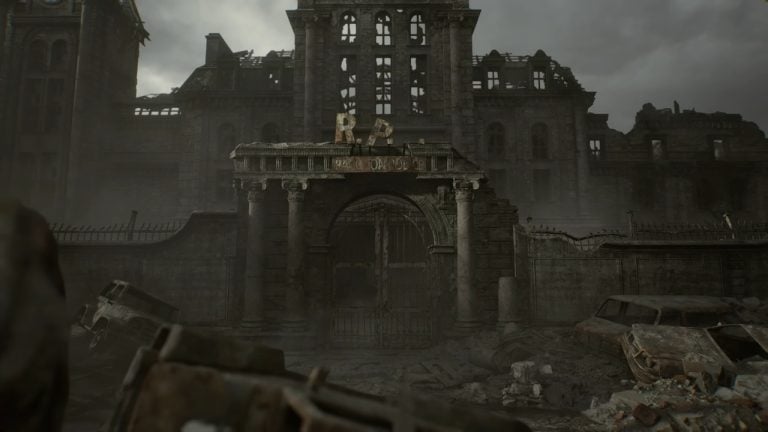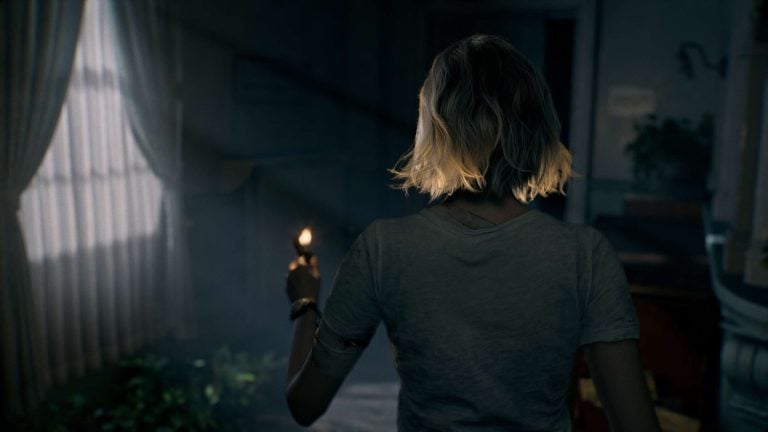About Jini Talks Games:
“Jini Talks Games: Perspectives from Japan” is a project that aims to deliver English translations of opinion pieces by Japanese writer Jini.
About Jini:
Jini is a writer and editor who is working to expand the realm of video game criticism in Japan. His work can cover everything from political to societal issues as they relate to games and can be found across numerous forms of media including blogs, radio, books, and magazines.
Jini started his own blog in 2014 which has accumulated over 30 million page views to date. While also writing for other media outlets, he started Japan’s first paid online games media website, Jini’s Game Seminar, in 2019 via the blogging website note. Jini’s Game Seminar boasts the largest readership among paid games media in Japan. His first book was published by Kadokawa in 2020.
*The following article is an English translation of Jini’s original post on note and made with Jini’s consent.
Nowadays, with the prosperity of social media, users’ voices can be amplified to a level that one couldn’t possibly achieve on their own. This has led to storms being stirred up online seemingly every single day.
On one hand, you could say this has given rise to a “digital native democracy” that quickly finds and criticizes problems with governmental authorities and large corporations. On the other, even a concern that it’s nothing more than destructive populism based on anger and hatred can trigger a storm of criticism that is seen as righteous in the conforming dystopia of the modern day.
Can literature and art continue in this populistic age? These days, an author could get into trouble just by writing a disparaging word, even if taken out of context. Is (was?) The Dancing Girl, a story about a Japanese foreign exchange student in Germany who impregnates a woman and leaves her behind to return home and pursue his career appropriate to be used in high school language classes? Even now, it’s difficult to say.
Like the above, trying to express something that slightly goes against modern values, or better yet, expressing something uncomfortable (even to be critical of it) lets “literature” explore the depths of humanity. It lets us directly take lessons from the ferociousness, the wickedness, the beauty, and the weakness of human nature. There’s a reason to want the freedom of expression.
Setting aside past literary masters, is “literature” itself sustainable in a time when seeing only what you want to see is affirmed and anything outside of that causes an outrage?
For example, take 2020’s The Last of Us Part II which became a huge target online for what it depicted. While there was sincere criticism and critiques of the game, much of the discourse was emotional abuse toward the creators. Some of the game’s cast were even sent death threats. This sort of thing represents the difficulty in discussing “literature” in these times.
(But like calling for political correctness in works, insisting that something not be politically correct is a deceptive way of saying only show me what I want to see.)
With the constant threat of backlash, is it possible for creators to exercise their freedom of expression to touch on society’s issues and the weaknesses of modern-day people? Even if an author was good, would an editor or sponsor allow it?
This is the year I realized that was nothing more than an unfounded worry.
Getting a glimpse of the “literature” of works like Elden Ring, Goodbye, Eri (a one-shot manga by Tatsuki Fujimoto of Chainsaw Man fame), and Shin Ultraman in particular, it’s clear that “literature” is alive and well in the modern age. It’s not just the beauty of fiction, but the courage to cast a light on modern times through that beauty in a way that only fiction can that is alive and well.
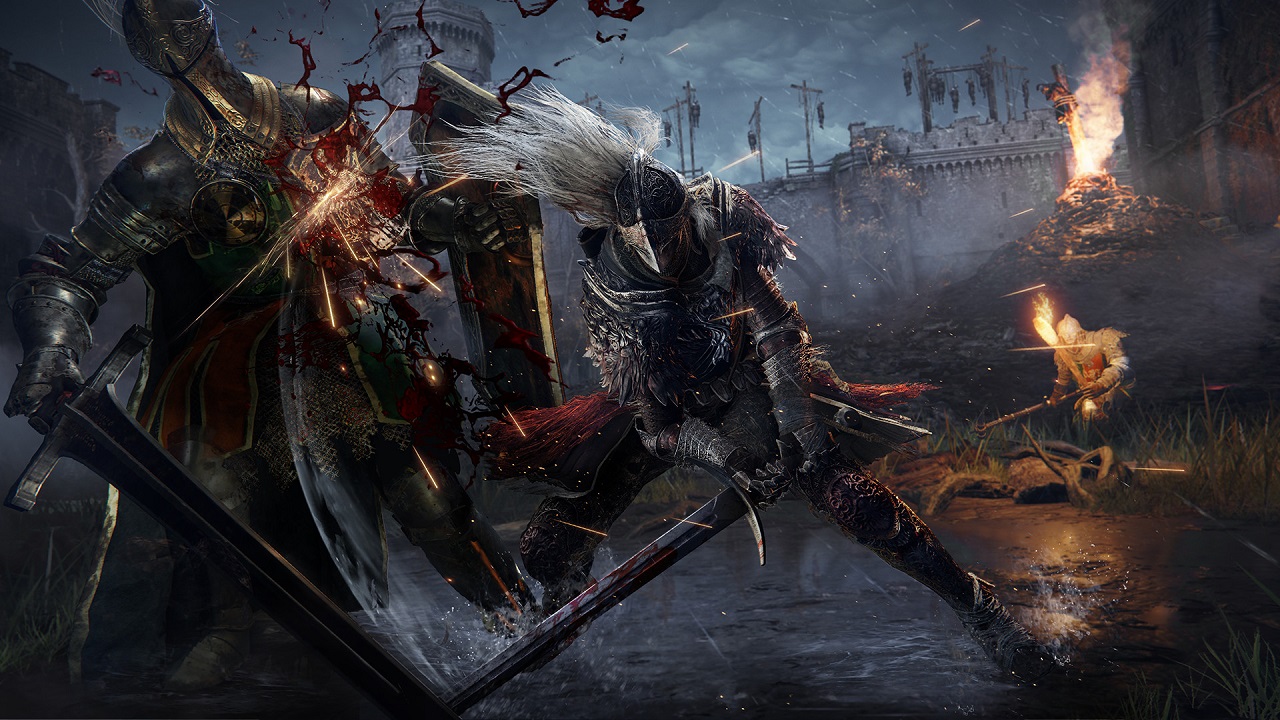
I wrote in more detail about how these games are “literature” and what they have to say in response to today’s society in more detail on my Game Seminar blog (Japanese). Here, I want to draw attention to how each of these works gives off the impression that they’re something anyone can enjoy, which is likely contrary to what many people imagine from the word “literature.”
They’re teeming with visual splendor and other aspects that directly appeal to our senses. In fact, I believe that this is the main aspect of the works that their creators wanted to convey.
Many of today’s creators hold this kind of communal spirit of pleasing their audience that’s like a sympathetic utopia born from a social society.
But these creators don’t abide by the dystopia brought about by sympathy, the dystopia that people look away from or use deceit or violence to get others to yield to. When interacting with these works, a feeling of something being off starts to creep in on your fun. Before you know it, what you consider righteous or correct is being called into question.
Some might disagree, but I see these works as a type of children’s story or fairy tale. Before, there were stories like Aesop’s Fables and Grimms’ Fairy Tales that cleverly framed the shortcomings of humanity and societal issues in a way that even children could understand. Through them, children were able to learn about how cruel the world can be.
This fairy tale-like nature can also be seen in other works of pop culture such as manga, tokusatsu films, and more which were born with the breakdown of the “grand narrative.”
So why are these “fairy tales” important? From the start, modern literature was used to resist imperialism, fascism, and ideas of the state’s authority with intellect. To position itself at the same level of status as this authority, literature had to arm itself with intellect and present itself in an arcane and sophisticated manner in order to feign elegance and reverence.
But these days, this main authority isn’t the state, it’s a more abstract atmosphere of the public. More so than feigning elegance or reverence, it’s more important for fiction these days to be like fairy tales that anyone can understand and enjoy while also retaining a hidden depth. This kind of fiction can better pierce the center of authority, or rather, the masses.
Even pop culture, or rather, because it’s pop culture, it’s able to spread and be loved while being a catalyst for rebuttal and questions. In an age where authority is more abstract, sometimes pop culture above anything else is best capable of filling the role of “literature.” In other words, returning knowledge and joy to the people.
Translated by. Nick Mosier based on Jini’s original Japanese article

